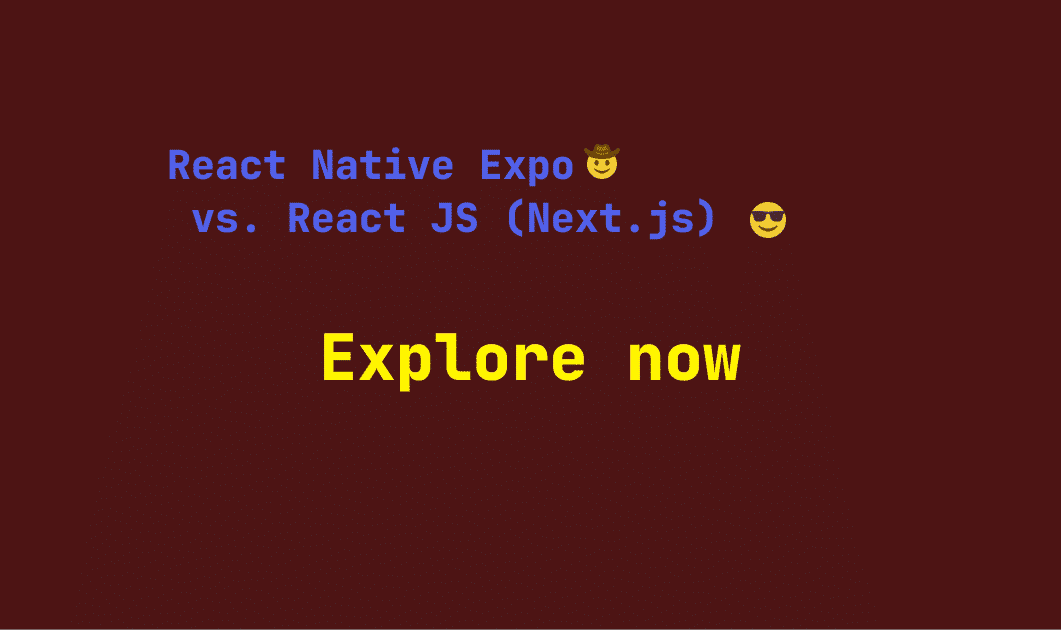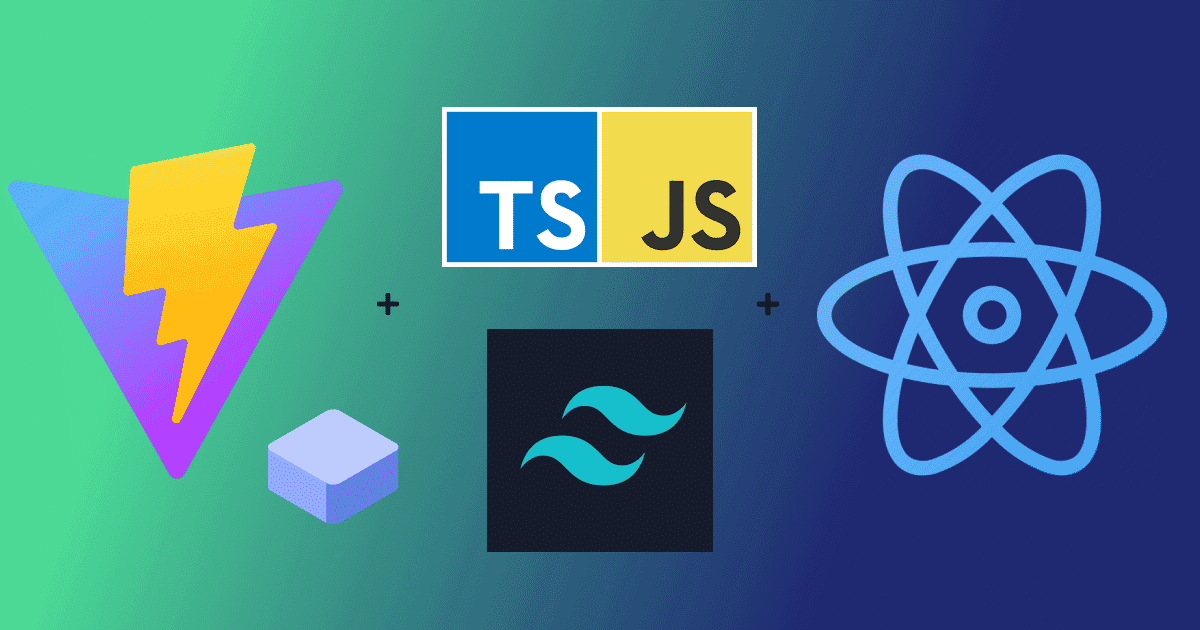
Admin
May 5, 2024
Title: React Native Expo vs. React JS (Next.js): A Comprehensive Guide for Choosing the Right Framework
Introduction:
In the realm of web and app development, selecting the ideal framework is pivotal for success. React Native Expo and React JS (Next.js) stand out as prominent contenders, each offering unique advantages suited to specific project requirements. Let’s explore the key disparities to aid in your decision-making process.
1. React Native Expo: Simplifying Mobile Development
React Native Expo is a versatile tool tailored for cross-platform mobile app development using JavaScript and React. Its hallmark lies in streamlining the development pipeline by furnishing pre-configured tools and components, thereby allowing developers to concentrate on feature implementation rather than environment setup.
Key Features:
- Seamless Development: Expo facilitates app development, deployment, and management through a user-friendly command line interface.
- Comprehensive APIs: It offers a rich array of APIs and components for common functionalities like camera access and push notifications, expediting the development cycle.
- Over-the-Air Updates: The OTA updates feature enables instantaneous app updates, facilitating quick iterations and bug fixes without undergoing the app store review process.
2. React JS (Next.js): Empowering Web Solutions
React JS, complemented by Next.js, is a potent combination for web development endeavors. React JS serves as a JavaScript library for crafting user interfaces, while Next.js extends its capabilities with server-side rendering and static site generation, enhancing performance and SEO-friendliness.
Key Features:
- Enhanced Performance: Next.js leverages server-side rendering to optimize page load times, ensuring swift user experiences.
- SEO Optimization: Its server-side rendering capabilities improve search engine visibility, vital for maximizing website reach and discoverability.
- Scalability and Customization: Next.js empowers developers with scalability and customization options, catering to diverse project needs ranging from blogs to complex e-commerce platforms.
Choosing the Right Framework:
Selecting the appropriate framework hinges on understanding project requisites and objectives.
- For expedited mobile app development with minimal setup, React Native Expo is the preferred choice, ideal for cross-platform app deployment.
- Conversely, if your project necessitates server-side rendering, SEO optimization, or advanced customization options, React JS with Next.js offers the flexibility and performance required for robust web experiences.
Conclusion:
React Native Expo and React JS (Next.js) stand as formidable contenders in the development landscape, each serving distinct purposes. By aligning framework choices with project demands, developers can embark on a journey towards creating exceptional web and app experiences that resonate with users and thrive in the competitive digital arena.


.png&w=3840&q=75)



.png&w=3840&q=75)

.png&w=3840&q=75)




